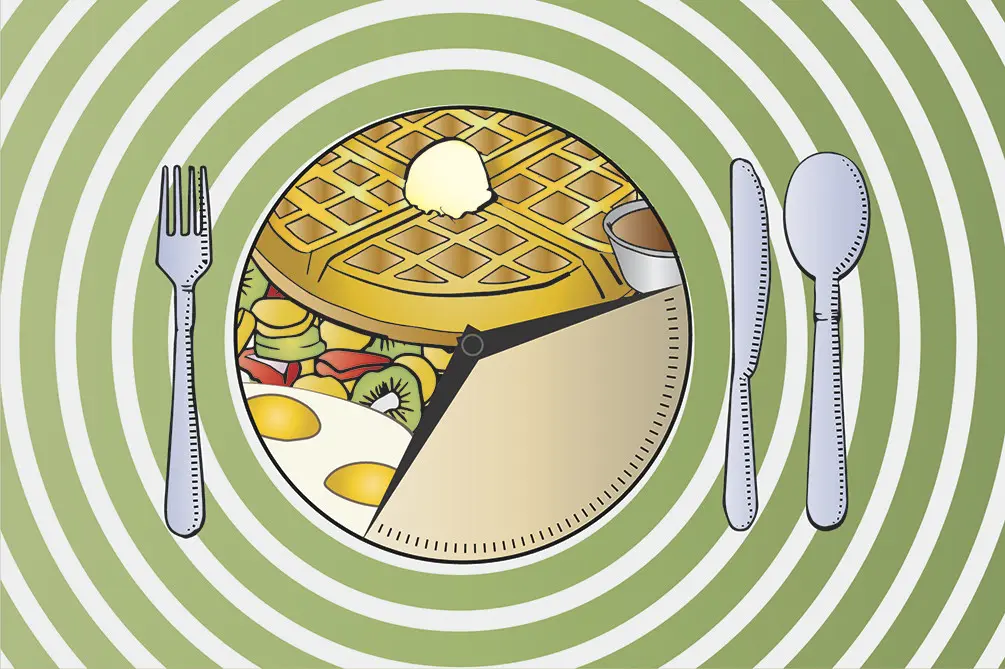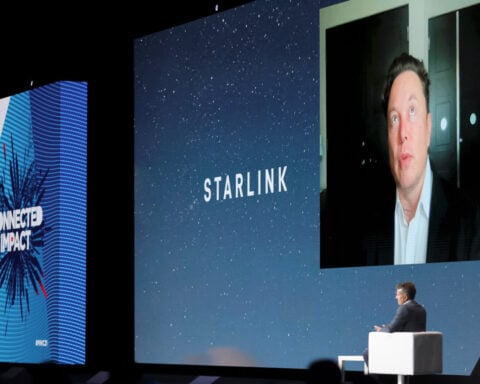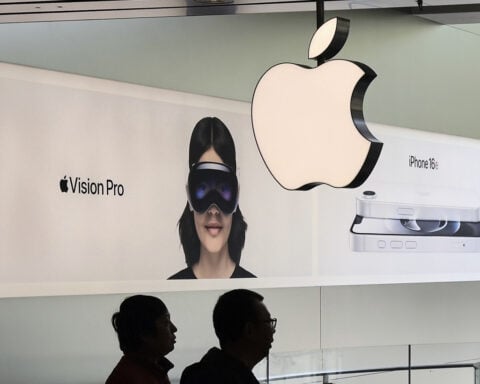First Watch, a restaurant chain that serves breakfast, brunch and lunch, is rising – and shining.
The Bradenton, Florida-based chain, known for its fresh, seasonal ingredients and made-to-order menu, is one of the fastest-growing in its category in dollar sales and unit growth, according to market research firm Technomic.
Two restaurant veterans who were tired of working late nights launched First Watch in 1983 in Pacific Grove, California.
“So many concepts are devised in a boardroom or something like that. This was the complete opposite,” CEO Chris Tomasso said. “This was a bunch of guys who really wanted to be home every afternoon so they could golf.”
The company now has more than 500 U.S. locations in 29 states. But because each eatery is designed to blend into its community instead of from a corporate model, the restaurants often feel more like neighborhood hangouts than part of a chain, Tomasso said.
Tomasso led marketing for Cracker Barrel and Hard Rock Cafe before joining First Watch in 2006. He talked to The Associated Press recently about building brands and why First Watch has no plans to expand beyond lunch. His comments have been edited for length and clarity.
Q. You say First Watch has retained its scrappy feel despite its growth. How do you accomplish that?
A. One thing I’ve been saying forever to our teams is, “If we can do it in one, we can do it in 100. If we can do it in 100, we can do it in 1,000.” And the reason that’s so important is because usually by the time concepts get to our size, they start to dumb down or do things differently, not realizing that the consumer will notice over time. You start outsourcing things. You say, “Well, it’s too much labor to make our pancake batter from scratch.” And we’ve stayed very true to that. I will tell you, there’s less expensive ways to do the things that we do, but we know what’s important to the consumer.
Q. What are some of the breakfast trends you’re seeing?
A. We started to see over the last five or six years this emergence of what we call “power breakfasts.” It’s so much easier for people to meet in the morning before they get to work and their day gets away from them. So that’s been a big shift for us. And what used to be a shoulder period between 10 a.m. and 11:30 a.m., with remote working and hybrid working and all those things, we’re starting to see all that fill up. And then, you know, the weekend brunch is just having its day, right? It’s been the only segment in the restaurant industry that has shown growth in the last five years.
Q. Some competitors have been trying to grow sales by expanding into dinner. Does First Watch plan to ever stay open past 2:30 p.m.?
A. We love our business model, and we love the employee proposition side of it too. It’s one shift a day. We do tremendous volumes in 7.5 hours. Our teams get to have a job in the hospitality industry that doesn’t have them work until all hours of the night. They make a great living. So I don’t see us expanding hours at all. Also, from a consumer standpoint, doing what we do establishes us as the authority in breakfast and brunch and lunch. We’re not trying to be all things to all people in any way, shape or form.
Q. You’re a marketer. How has the work you do changed over your career? Is it getting harder to reach customers with all the distractions they face?
A. The kind of marketer I consider myself to be is an inside-out brand builder versus an advertising focus. Which is great, because when I first joined, I didn’t have any money to do any advertising anyway. So it really was about evolving the concept and setting up the foundation for growth. We had three uniforms, four menus, all kinds of different things. There wasn’t a lot of consistency. And so in order for us to really grow, we had to unify the brand voice. There was a lot of work done around the menu, the music, every consumer touch point in the restaurant. Now, has marketing gotten harder or easier? I think it’s easier in that you can now reach a lot of people through social and digital without having to do TV and radio like you used to do. It’s also easier now to control the messaging. But I also think there’s challenges. If you make a misstep, it can be amplified a lot. So I think much more care and focus has to go into your messaging and your actions.

 Trump has begun another trade war. Here's a timeline of how we got here
Trump has begun another trade war. Here's a timeline of how we got here
 Canada's leader laments lost friendship with US in town that sheltered stranded Americans after 9/11
Canada's leader laments lost friendship with US in town that sheltered stranded Americans after 9/11
 Chinese EV giant BYD's fourth-quarter profit leaps 73%
Chinese EV giant BYD's fourth-quarter profit leaps 73%
 You're an American in another land? Prepare to talk about the why and how of Trump 2.0
You're an American in another land? Prepare to talk about the why and how of Trump 2.0
 Chalk talk: Star power, top teams and No. 5 seeds headline the women's March Madness Sweet 16
Chalk talk: Star power, top teams and No. 5 seeds headline the women's March Madness Sweet 16
 Purdue returns to Sweet 16 with 76-62 win over McNeese in March Madness
Purdue returns to Sweet 16 with 76-62 win over McNeese in March Madness








